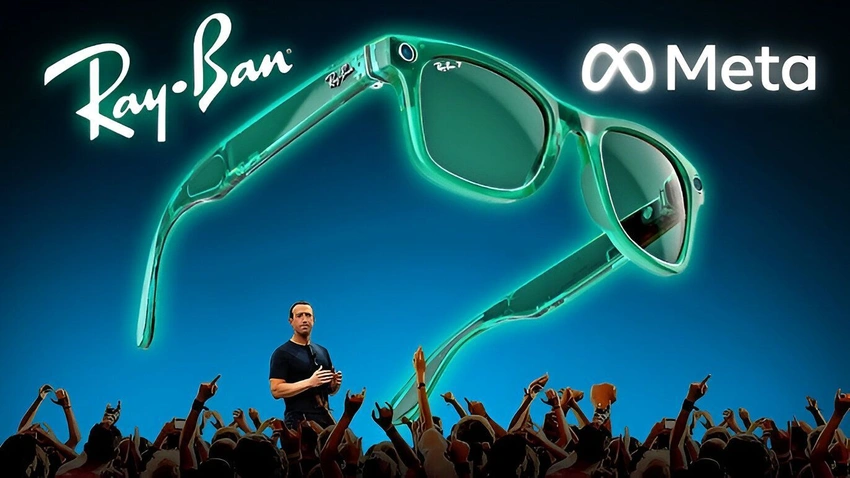Ray-Ban Meta smart glasses make their official debut in the Indian market. Pre-orders will open right away, and on May 19, they will be available nationwide. Priced starting at Rs 29,900, the AI-powered eyewear will be offered for sale on Ray-Ban.com and at a few optical stores nationwide.

A recent privacy update is drawing criticism as Meta gets ready to introduce its AI-powered Ray-Ban smart glasses in India. The company's removal of users' ability to prevent voice recordings from being stored as part of an update to its data collection policies may lead to new discussions about privacy and surveillance.
Privacy Settings Tweaked Ahead Of India Launch
Meta has sent out a revised privacy policy to current users worldwide, but it has not confirmed the precise launch date for its Ray-Ban smart glasses in India. The Verge reported that users will no longer be able to choose not to have Meta store all voice interactions with Meta AI by default.

Voice recordings could previously be turned off by users. That choice is no longer available. Although it will need to be done through the settings, users can still manually remove their stored voice data.
Recently, it was reported that Meta has updated its Ray-Ban smart glasses privacy policies, increasing the amount of data collected by default. Voice recordings are now stored automatically when using Meta AI, with no option to disable storage—users must manually delete recordings in settings.
Camera Now On By Default
In addition, Meta's email to Ray-Ban users states that, unless users opt out of the voice assistant trigger phrase "Hey Meta," camera usage with Meta AI will now be enabled by default. The email says:
“Meta AI with camera use is always enabled on your glasses unless you turn off ‘Hey Meta’. Recordings of your voice are stored by default and may be used to improve AI at Meta and other Meta products.”
What About Photos and Videos?
According to Meta, unless users upload them to a Meta platform (such as Instagram), images and videos taken with the glasses are saved locally on the user's device.

Meta can use the data to enhance its services if cloud processing is enabled or if media is used with Meta AI.
Users Can Still Disable Meta AI
Users still have power, Meta emphasizes, but only if they turn off "Hey Meta" entirely. If that isn't done, voice and camera data will be automatically gathered and saved.

Conclusion
The introduction of Meta's AI glasses in India raises both an important ethical question and an exciting new development. The future must strike a balance between accountability and innovation. It's unclear if India can set an example for AI governance.













No comments yet.